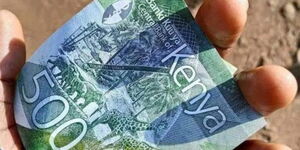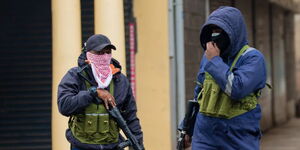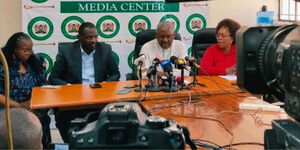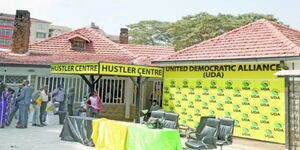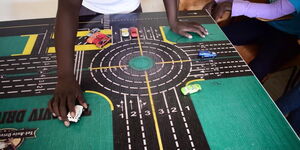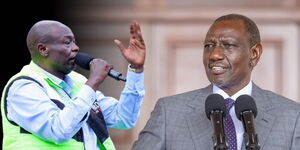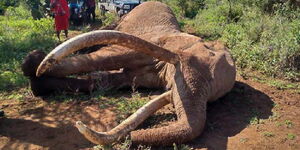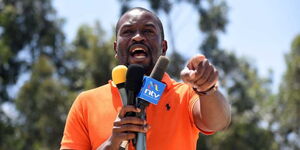The British Broadcasting Corporation (BBC) has rejected claims by Interior Cabinet Secretary Kipchumba Murkomen that its recent documentary's sources were paid, pampered, or coached.
Responding to Murkomen on Thursday, August 14, the BBC denied that the exposé on a child sex trafficking ring in Mai Mahiu, known as "MADAMS: Exposing Kenya's Child Sex Trade", was fake.
At the same time, they dismissed Murkomen’s assertions that the sources in the documentary had falsified their ages to appear as if they were underage, thus undermining the gist of the exposé.
Clarifying on the ‘underage’ sources, BBC noted that the survivors of abuse who were interviewed were all over 18 and were recounting experiences of abuse that occurred when they were underage.
“BBC Africa Eye’s investigation ‘Madams: Exposing Kenya’s Child Sex Trade’ is an important piece of public interest journalism that documents the exploitation of children in the Kenyan sex trade,” BBC stated.
“For clarity, none of the contributors featured in this film were paid, offered payment or ‘coached’ in any way. As clearly stated in the film, the survivors of abuse who were interviewed were all over 18 and recounted experiences of abuse that occurred when they were underage. We are thankful to the survivors for their brave contributions,” the British media house added.
While appearing before Parliament on Wednesday, August 13, Murkomen disclosed that the ministry's post-exposure investigations resulted in four women disclosing that the British media outlet had contacted them to allegedly seek out young, vulnerable girls between the ages of 17 and 21 for a fictitious foreign sponsorship programme.
While questioning the legitimacy of the underage girls featured in the documentary, Murkomen noted that their investigations revealed that the witnesses in the documentary were linked to each other, a sign that the information provided to the BBC might have been falsified.
“Investigations reveal that the BBC primarily sought underage girls involved in sex work. However, some of the girls who testified allegedly falsified their age to qualify for the sponsorship,” Murkoment noted.
Murkomen revealed in his address that the two women who were depicted in the documentary as child traffickers had moved to unidentified places after allegedly receiving large financial promises.
In reaction to the government's investigations, the BBC voiced its concerns that DCI investigators conducted in-depth interviews with survivors of sexual abuse who had provided information for the documentary without their legal counsel present.
In the documentary, investigative journalists managed to gain entry into an undercover child sex trafficking ring run by two women, known as ‘madams’. One of them claimed to have a girl as young as 13 years old in her care.
The documentary highlighted how the children were involved in the ring, mostly through manipulation, using sweets or money.
The documentary’s release sparked uproar from Kenyans, with many calling for the immediate arrest of the two women behind the ring.


